Publications
Articles, publications, books, tools and multimedia features from the U.S. Institute of Peace provide the latest news, analysis, research findings, practitioner guides and reports, all related to the conflict zones and issues that are at the center of the Institute’s work to prevent and reduce violent conflict.
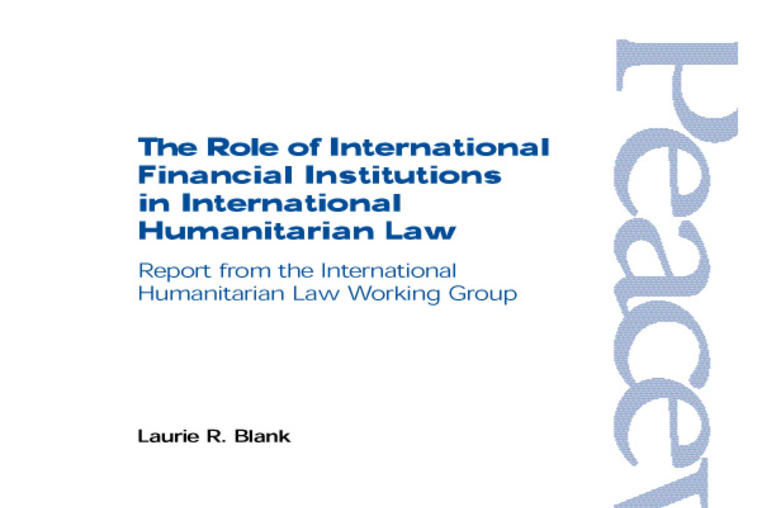
The Role of International Financial Institutions in International Humanitarian Law
This project focuses on the innovative role that new groups and established international organizations can play in stemming the tide of atrocities and promoting adherence to international humanitarian law in regions whose inhabitants cannot count on the mature institutions of civil society to handle their grievances.
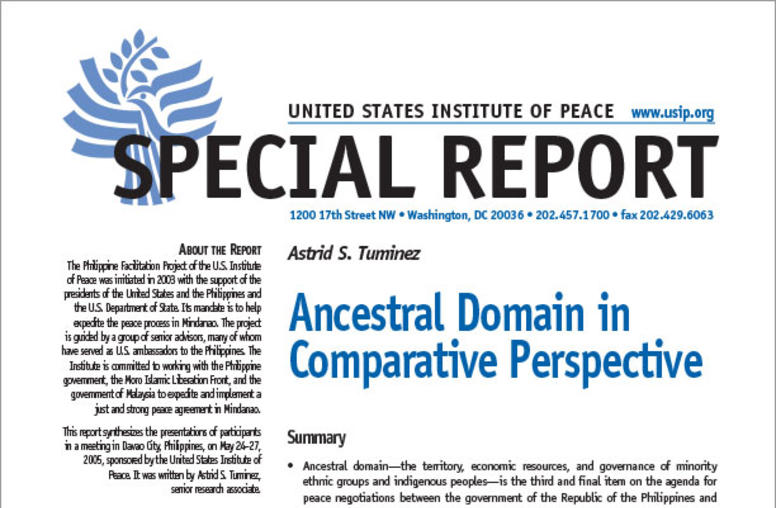
Ancestral Domain in Comparative Perspective
Summary Ancestral domain—the territory, economic resources, and governance of minority ethnic groups and indigenous peoples—is the third and final item on the agenda for peace negotiations between the government of the Republic of the Philippines and the Moro Islamic Liberation Front. The experiences of other minorities elsewhere in the world can be instructive in formulating a stable and peaceful accommodation that satisfies both parties.
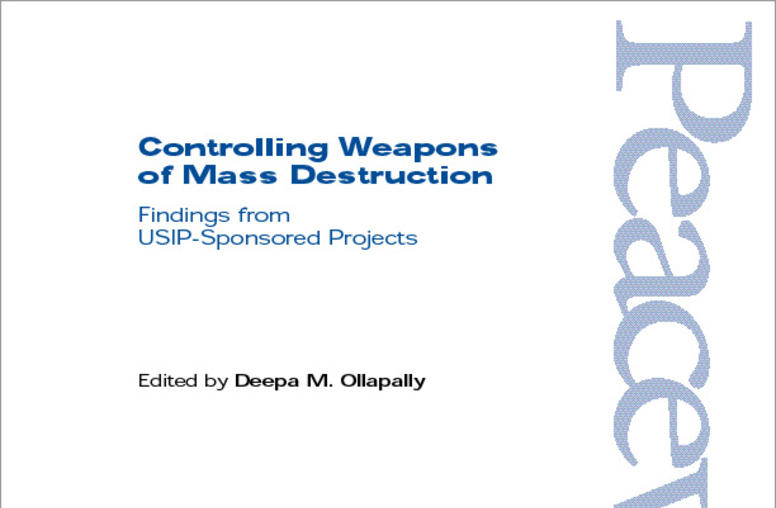
Controlling Weapons of Mass Destruction: Findings from USIP-Sponsored Projects
More than thirty years after the passage of the Nuclear Nonproliferation Treaty (NPT), the record is mixed on the effectiveness of the non-proliferation regime.
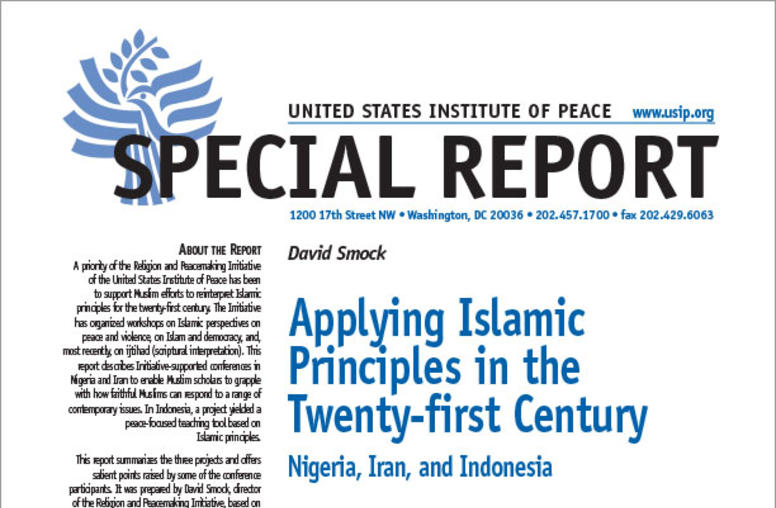
Applying Islamic Principles in the Twenty-first Century: Nigeria, Iran, and Indonesia
This report summarizes the three projects and offers salient points raised by some of the conference participants. It was prepared by David Smock, director of the Religion and Peacemaking program, based on papers by Radwan Masmudi, Asna Husin, and Abdulaziz Sachedina.
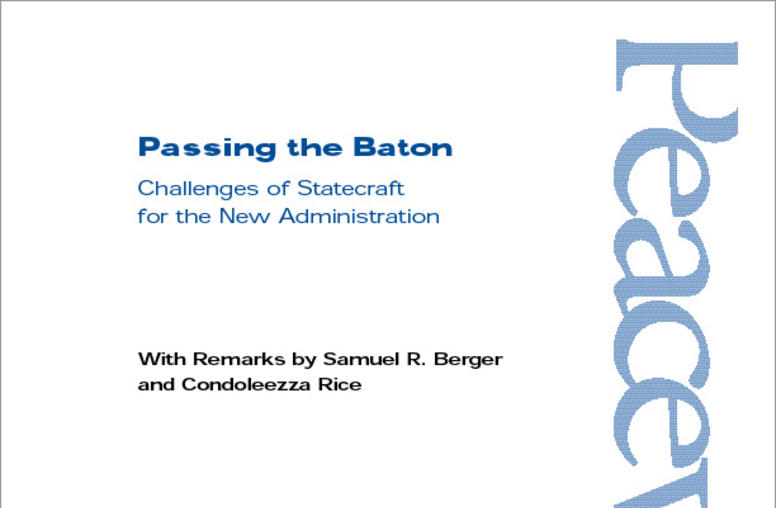
Passing the Baton: Challenges of Statecraft for the New Administration
This report summarizes discussions at a conference of leading officials and specialists on January 17, 2001. The conference program was organized around five panel discussions covering two functional topics (organizing for national security and international conflict management) and three geographic regions of special concern to the United States (Russia, the Balkans, and Northeast Asia).
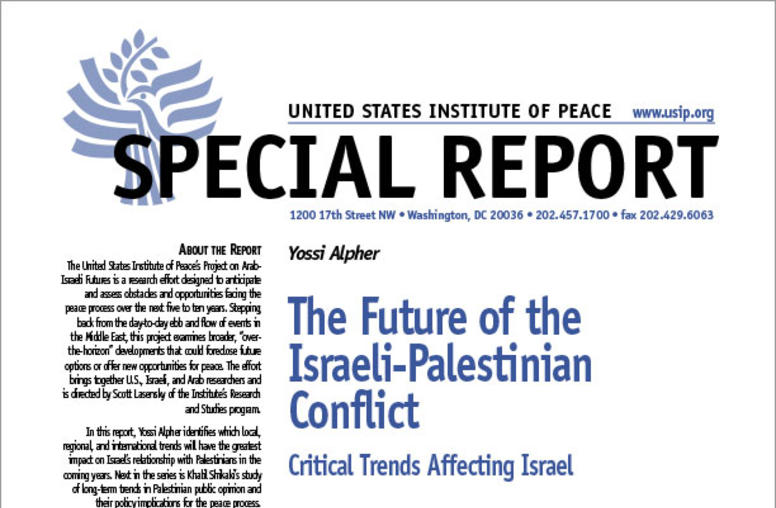
The Future of the Israeli-Palestinian Conflict: Critical Trends Affecting Israel
In this report, Yossi Alpher identifies which local, regional, and international trends will have the greatest impact on Israel's relationship with Palestinians in the coming years. Next in the series is Khalil Shikaki's study of long-term trends in Palestinian public opinion and their policy implications for the peace process.
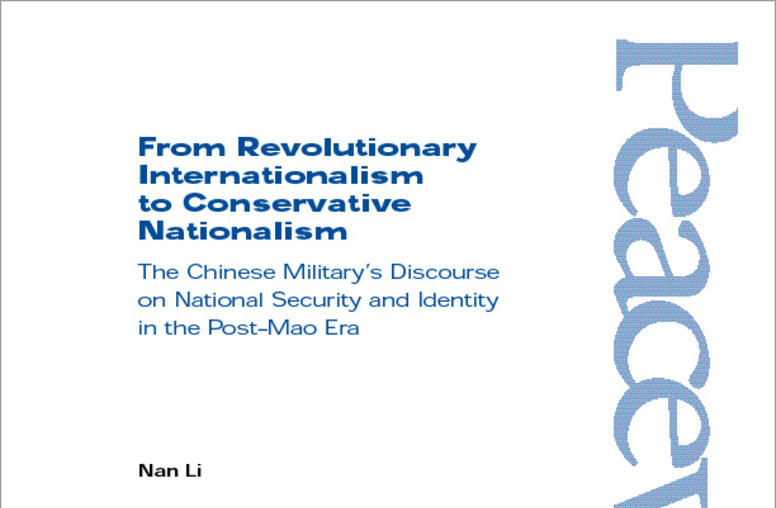
From Revolutionary Internationalism to Conservative Nationalism
Ever since Deng's 1985 "strategic decision" and the corresponding doctrinal change from the country's highest military decision-making body that same year to change Mao Zedong's emphasis on preparing for an early, large-scale, nuclear war, China's military has engaged in a new discourse that is departing from Maoist ideology and moving in a more conservative, nationalist direction. This new military discourse has driven China's foreign policy away from its internationalist and revolutionary f...
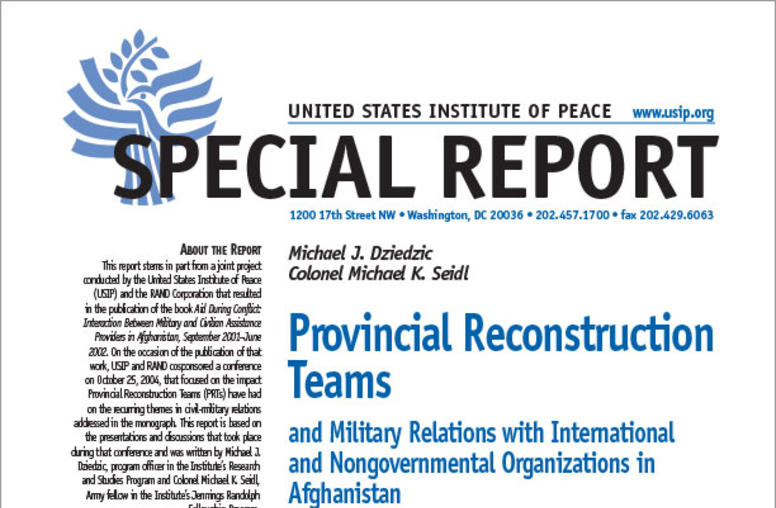
Provincial Reconstruction Teams: Military Relations with International and Nongovernmental Organizations in Afghanistan
Summary Deployed in Afghanistan during Operation Enduring Freedom, Provincial Reconstruction Teams (PRTs) combine military personnel and civilian staff from the diplomatic corps and developmental agencies. Their mission is to: extend the authority of the Afghan central government, promote and enhance security, and facilitate humanitarian relief and reconstruction operations. Twenty PRTs were currently in operation throughout Afghanistan as of June 2005: thirteen staffed by the U.S.-le...
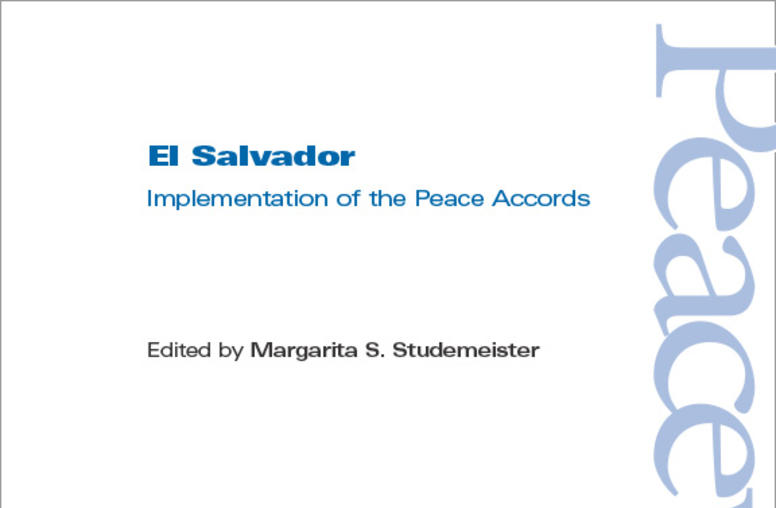
El Salvador: Implementation of the Peace Accords
This report sets out to assess the significance of the implementation of the 1992 Chapultepec Accords nearly ten years after the initiation of negotiations under United Nations auspices.
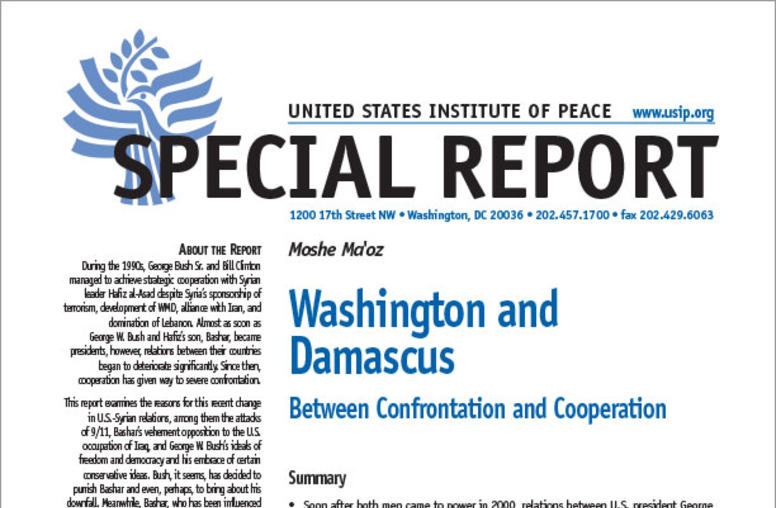
Washington and Damascus: Between Confrontation and Cooperation
Summary Soon after both men came to power in 2000, relations between U.S. president George Bush and Syria's president Bashar al-Asad began to deteriorate significantly. Since the Iraq war of 2003, Washington and Damascus have been on a collision course. Washington has resented the indirect assistance provided by Syria to Saddam's regime and to his loyalists, both before and after the U.S. occupation of Iraq.